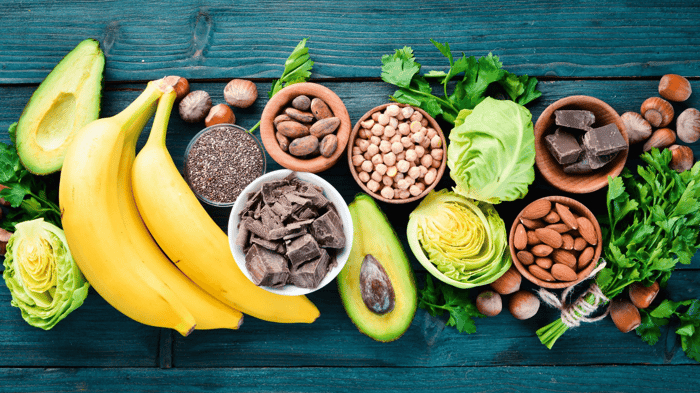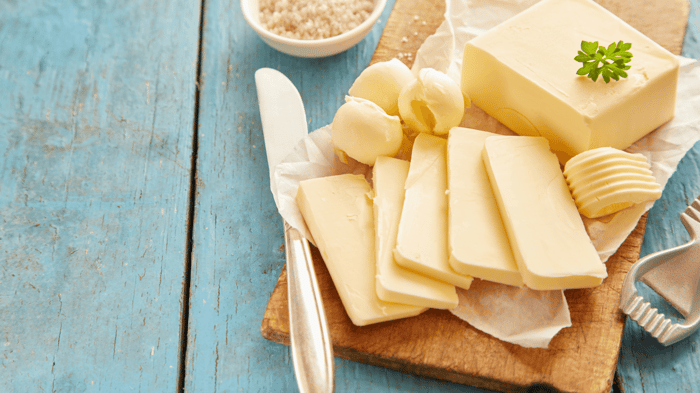
Contrary to the common wisdom of the 20th century, recent research has shown that cancer incidence and lethality is not 100% predetermined by our genes. It is now estimated that a 40-60% reduction in cancer mortality can be achieved with healthy anti-cancer lifestyle changes. Lifestyle, it turns out, is a huge factor in the development of and healing from cancer. But the question is how to live an anti-cancer lifestyle?
Our immune systems are constantly fighting a hidden battle against cancer cells within our bodies. Normal healthy immune function keeps incorrectly formed or mutated cells from proliferating. These cells are always there, but a properly-working immune system will destroy them before they multiply and form tumors.
Cancer occurs when the normal protective processes fail. Unhealthy habits and lifestyle choices contribute to the weakening of the body’s defenses, allowing cancer to grow.
If you want to read in-depth information about the concept of an anti-cancer lifestyle and how to put it into practice check out Anticancer: A New Way of Life by David Servan-Schreiber, MD, PhD and Cancer Free with Food by Liana Werner-Gray. Some important ideas from their books are summarized below.
Focus on the Terrain

Dr. David Servan-Schreiber advocates focusing on the “terrain” of the body; it’s the idea that we can strengthen our natural defenses and make our body inhospitable to cancer growth. Amazingly, healthy habits have been shown to reduce biological age measures by an average of 14 years. A younger biological age means more energy, better concentration, better memory, less physical discomfort, and less cancer than is typical for one’s age group.
According to Anticancer, Some of the most important and basic nutrition rules for strengthening the body include eating lots of anti-cancer foods, supplementing with vitamin D3, drinking green tea, and trying to eat low-glycemic foods.
Mind-body factors and feelings of helplessness play a big role in cancer development and mortality as well. The despair that often accompanies a cancer diagnosis is detrimental to healing and survival, since it depresses the natural defenses of the body. There is an especially negative impact of prolonged feelings of helplessness which are shown to contribute to inflammatory processes in the body.
Taming these feelings and gaining more life satisfaction is proven to reduce inflammation and the cancer growth that it fuels. Patients can contribute to their own health and healing and should never feel powerless due to family history or other risk factors. Feeling powerless actually makes your body weaker.
Servan-Schreiber lists benefits of focusing on the “terrain” that include preventing cancer, boosting the benefits of conventional cancer treatments, and reducing cancer relapses. This lifestyle advice can be boiled down to four basic steps.
Dr. Servam-Schreiber’s 4 Steps to an Anti-Cancer Lifestyle
- Guard against the imbalances and toxicities in the environment.
- Adjust diet to cut back on cancer promoters and include cancer fighters.
- Heal psychological wounds, manage negative emotions and remove long-term stress.
- Boost the immune system by reducing inflammation.
Anti-Cancer - What Matters Most?

In Cancer Free with Food, Liana Werner-Gray discusses two main factors dictating whether or not someone will get cancer: toxicity and stress. We need to manage both of these factors to maintain an anticancer lifestyle with anti-cancer nutrients.
- Stress. Long-term chronic stress makes our bodies less adaptable and unable to counteract the stress’ effects on our body. Stress can be physical (chemical exposure), mental (negative thoughts) or emotional (wounds from past traumas). It needs to be effectively managed; not ignored. Some recommendations for stress reduction include prayer, meditation, sound sleep, quality time with loved ones, openness, professional counseling, and intentional positive thought processes.
- Toxicity. Toxins in the body interfere with organ systems performing their normal work. Your body knows what to do to keep you healthy, but toxins can get in the way of normal processes. Food is important to keep your body working right, but it must be both nutritious and clean. Nutrients in food help the normal detoxification systems work, but adding more toxins along with the nutrients is counterproductive.
7 Key Nutritional Principles
Liana Werner-Gray has a list of simple nutritional guidelines that make us more able to win the battle against cancer. They may sound familiar, since they’re common to many healthy diet prescriptions. Putting these principles into practice improves overall health and reduces the incidence of cancer and other chronic diseases.
- Eat more whole foods.
- Drink at least one fresh juice daily.
- Buy organic, non-GMO foods as much as possible.
- Cut out refined sugars.
- Avoid refined carbs; eat high-fiber carbs.
- Cultivate a healthy gut with probiotic foods.
- Hydrate with clean, pure water.
She also has a list of the top 15 foods to include in your anti-cancer diet. Eat as many of these foods as possible while refraining from inflammatory foods. Check out her book for many delicious anti-cancer recipes focusing on these health-promoting foods.
Top 15 Cancer-Healing Foods
- Broccoli Sprouts
- Turmeric
- Blueberries
- Broccoli
- Flaxseed
- Dark Leafy Greens (Arugula, Kale, Parsley, Spinach)
- Garlic
- Mushrooms
- Cacao
- Tigernuts
- Ginger root
- Grapes
- Tomatoes
- Lemon
- Quinoa
Round out your anti-cancer lifestyle with these additional steps: don’t smoke, exercise regularly, maintain a healthy weight, and drink alcohol in moderation. Another great addition to any anti-cancer lifestyle is infrared sauna bathing; check out our article about how saunas are being used in cancer-focused wellness clinics across the country.
It’s powerful knowing that we have significant control over our own health. The right habits and mindset can dramatically increase our chances of preventing and healing from cancer. Enjoy vibrant health with an anti-cancer lifestyle.

.JPG)


